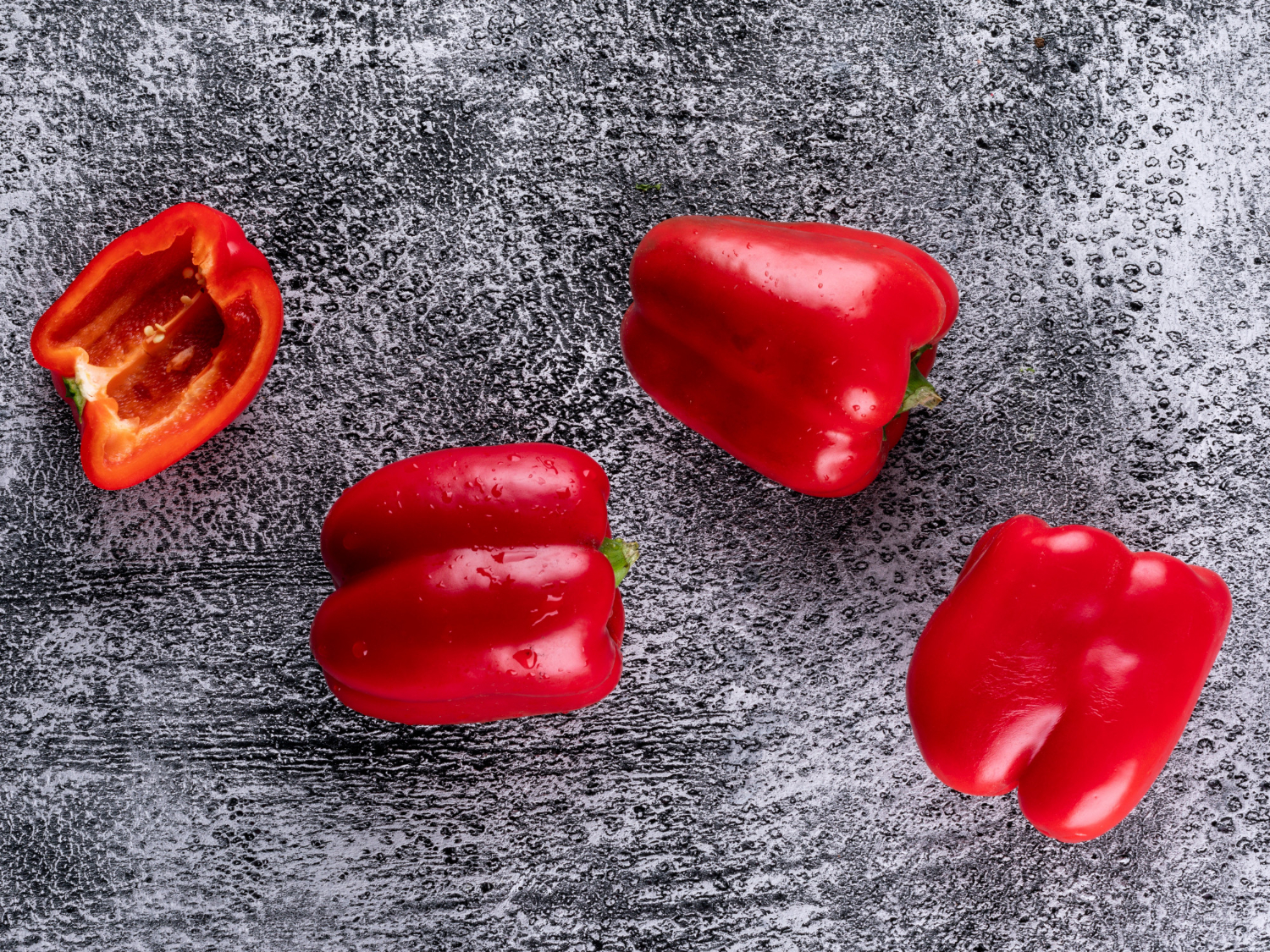When you feel the first tickle in your throat or are recovering from a tough week, you usually turn to supplements or foods rich in vitamin C. This vitamin does much more for the body than just boosting your immune system, and it should be a daily priority. How to quickly fill your vitamin C deficiency with food?
Content How Vitamin C Benefits Your HealthHow to Quickly Fill Your Vitamin C Deficiency with FoodDietary Supplements
WomanEL will share advice from nutritionist Violeta Morris. Many people associate this vitamin with oranges, but believe me, it is not only found in them.
How Vitamin C Benefits Your Health
First of all, what is vitamin C? “Vitamin C, also known as ascorbic acid or ascorbate, is a water-soluble vitamin,” explains Morris. This micronutrient performs a number of vital functions in the body, most notably the immune system.
“It is a powerful antioxidant that protects the body from oxidative stress. Scientific studies have shown that it can also regenerate other antioxidants in the body, further enhancing its protective effect,” says Morris. Oxidative compounds, also known as free radical molecules, are at the root of many acute and chronic diseases. That’s why antioxidants like vitamin C are so important for immune health.
Vitamin C is also essential for collagen synthesis. This not only helps with skin radiance, but also helps with wound and tissue healing throughout the body. “It also supports the production of L-carnitine, which helps with energy production and affects the production and regulation of neurotransmitters,” adds Morris. This regulation of neurotransmitters can lead to improved mood, cognition, and focus.” Vitamin C plays an important role in iron absorption, which is hugely important for those suffering from (or trying to prevent) certain types of anemia.
Women over the age of 19 need 75 milligrams (mg) of this trace element per day, and men need 90 mg. “It’s important to note that for smokers, as well as pregnant and breastfeeding women, these recommendations increase by 10-45 mg per day,” Morris shares.
How to quickly fill the vitamin C deficiency with food
 Eat red bell peppers to get vitamin C, Source: freepik.com
Eat red bell peppers to get vitamin C, Source: freepik.com
Studies show that vitamin C deficiency is quite common. Fortunately, it is easy to prevent by eating foods high in vitamin C and, if necessary, taking a well-chosen supplement. Here are some of the best ways to meet your daily vitamin C needs.
- Red bell peppers. A ½ cup of raw sweet red bell pepper contains 95 mg of vitamin C per serving, which exceeds the daily recommended intake for all adults. But the health benefits of peppers don’t end there. These amazing vegetables are packed with antioxidants. And scientific studies have shown that they may help prevent cancer and support heart and brain health by slowing tumor growth and protecting cells.
- Oranges. One medium orange contains about 70 mg of this nutrient. If you have a choice, it's always better to choose the whole fruit rather than the juice. Orange juice has significantly more sugar and less fiber than a fresh orange.
- Broccoli: An unexpected source of the micronutrient, broccoli contains a noteworthy 51 mg of vitamin C in just half a cup of cooked broccoli. It's also rich in fiber, vitamin K, potassium, folate, antioxidants, and natural compounds like glucosinolates, sulforaphane, and indole-3-carbinol. These help protect our cells and may even help prevent cancer.
- Kiwi: A medium kiwi contains about 64 mg of vitamin C, which supports a healthy immune system and helps maintain healthy skin by protecting it from sun damage. It also has anti-aging benefits by promoting the production of collagen, a protein that helps keep skin firm and soft.
- Spinach. In addition to being high in iron, vitamin A, vitamin K, folate, potassium, fiber, and plant compounds, spinach is a fantastic way to get your daily vitamin C intake: 30 mg per 100 g. That's about half a cup of uncooked spinach… and many of us eat much more in one sitting.
- Strawberries. Just ½ cup of chopped fresh strawberries can provide an adult with about half of the recommended daily value of vitamin C, at 54 mg per serving. Strawberries are also rich in fiber and plant compounds like anthocyanins.
Dietary supplements
Don’t like any of these foods high in vitamin C? Or for some reason can’t get enough? A dietary supplement can be an effective alternative. “I always recommend taking a ‘food first’ approach. But if you must take a supplement, try to choose one that is based on ascorbic acid (the most absorbable form of vitamin C), meets the daily intake recommendations, and is third-party verified, free of unnecessary fillers and sugar,” says registered dietitian Taylor McClelland Newman.
“However, vitamin C supplements can interact with some medications, so it’s best to consult your doctor before starting,” adds Newman.
Want to keep your heart healthy? Learn how to lower cholesterol through diet.
